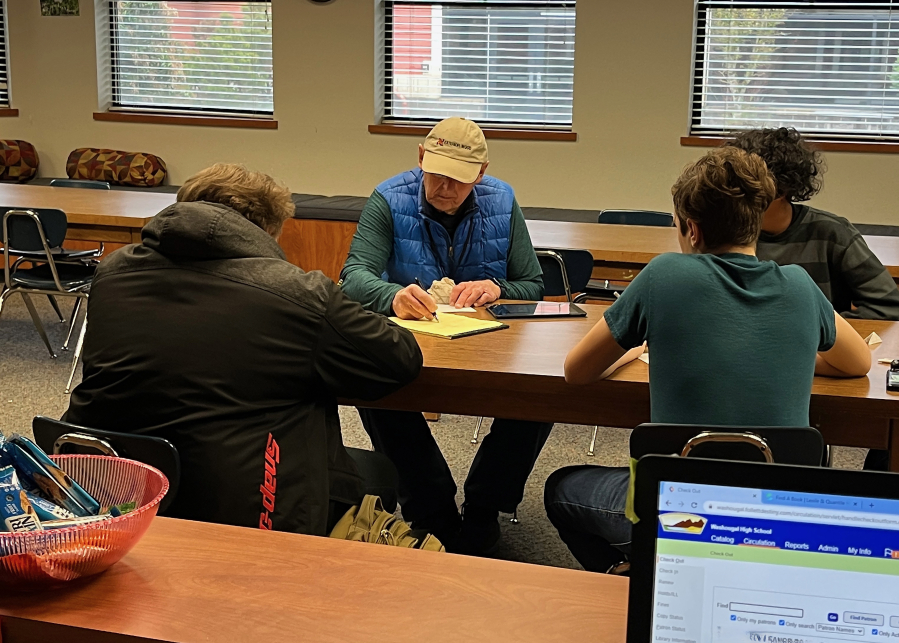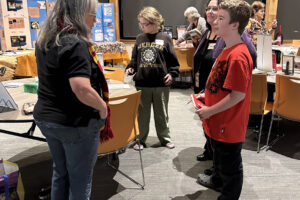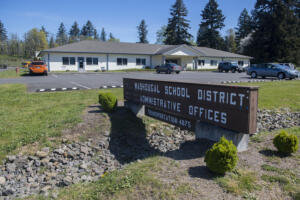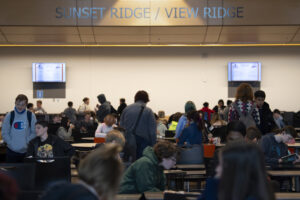Barb Seaman began to think about the possibilities of a community volunteer tutoring program for Washougal High School students several years ago after one of her sons failed his algebra class. Knowing he would have to pass the class in order to get into college, she asked him to take the class again, but knew that he’d require more support to succeed the second time around.
“My husband would come home from work every night and sit down and do (my son’s) homework — that took an hour or two — and then he would sit with my son and they would do it together,” Seaman said. “My husband would explain it to him in a meaningful way, outside of school, because whatever was happening in school just wasn’t working for the way my son learned.”
Seaman is now helping many other Washougal High students receive the same type of assistance her son received.
The East County Citizens Alliance (ECCA), a Washougal-based nonprofit organization that endeavors to support and protect East Clark County communities and public institutions through relationship-building, education, advocacy and volunteer initiatives, and Washougal High launched a program to match community volunteers with academically struggling students in November 2022.
The program, known as the Community-School Partnership, succeeded immediately, both in terms of the number of participants and the results that it elicited. Between November 2022 and June 2023, 12 volunteers worked with 125 students, the majority of which saw an increase in academic performance.





